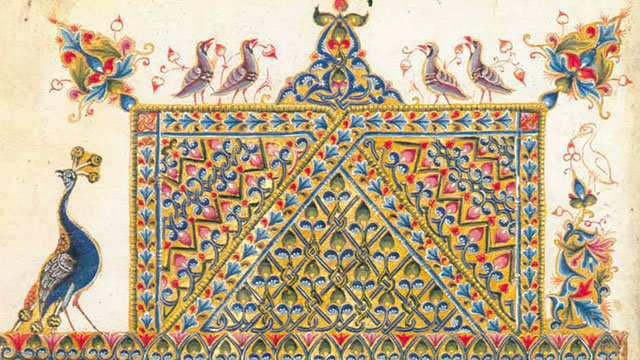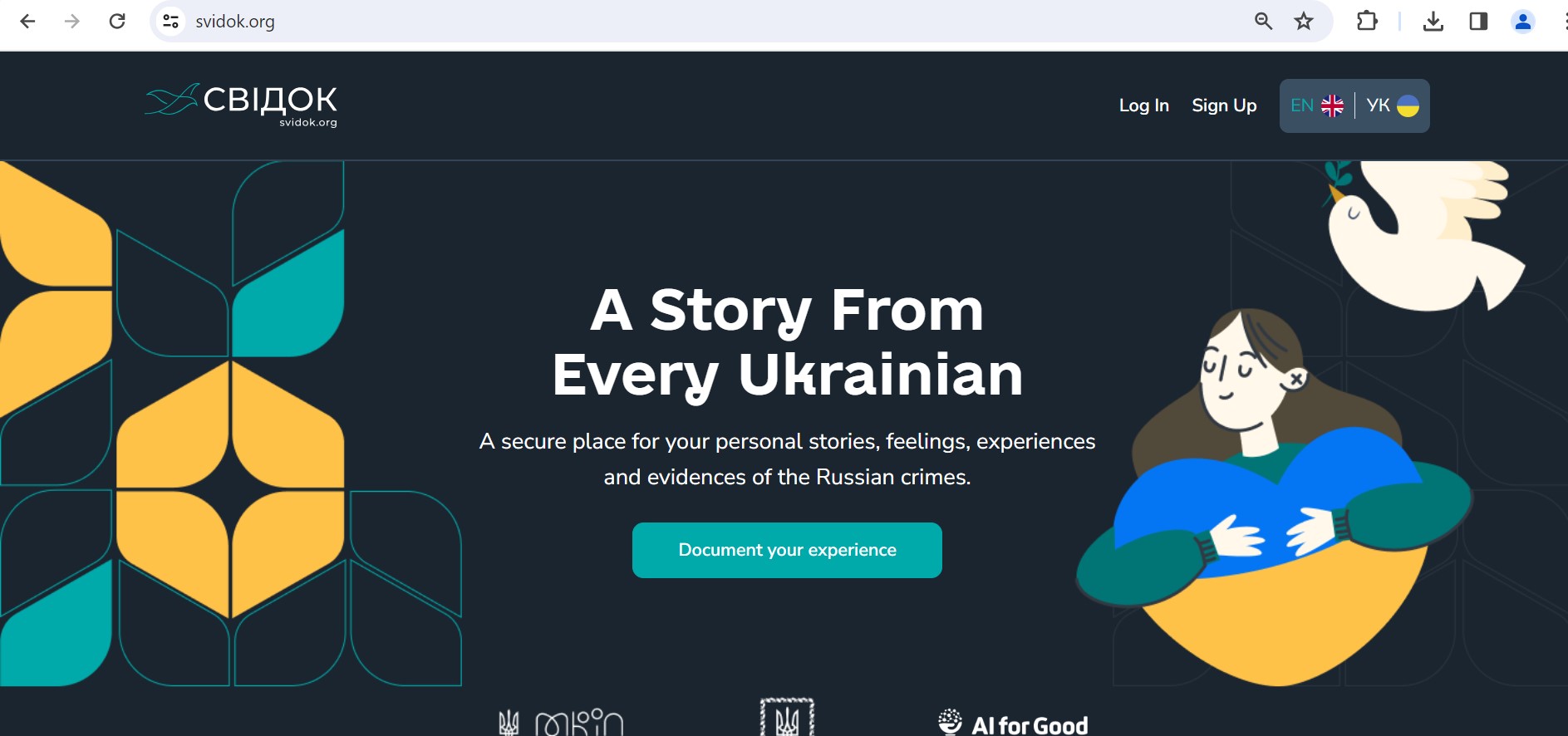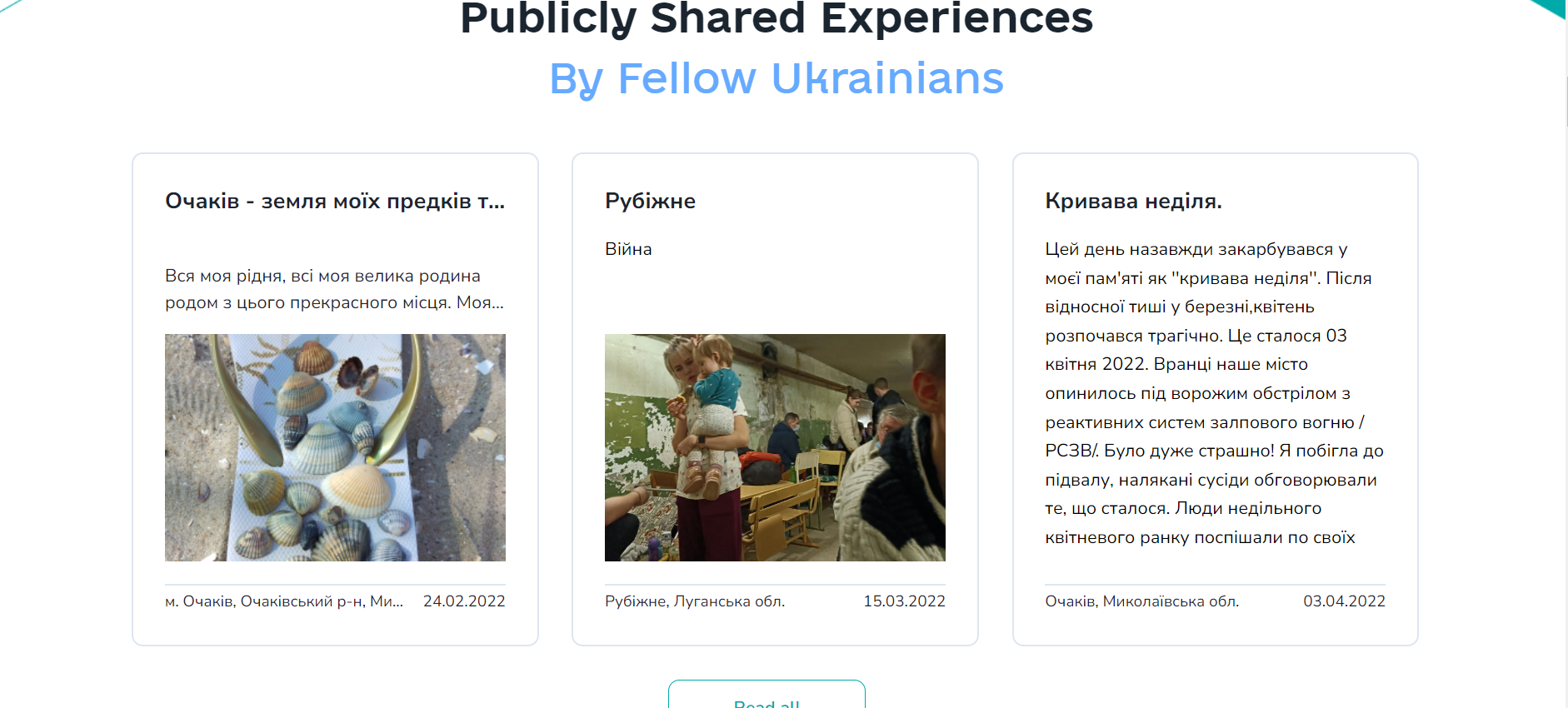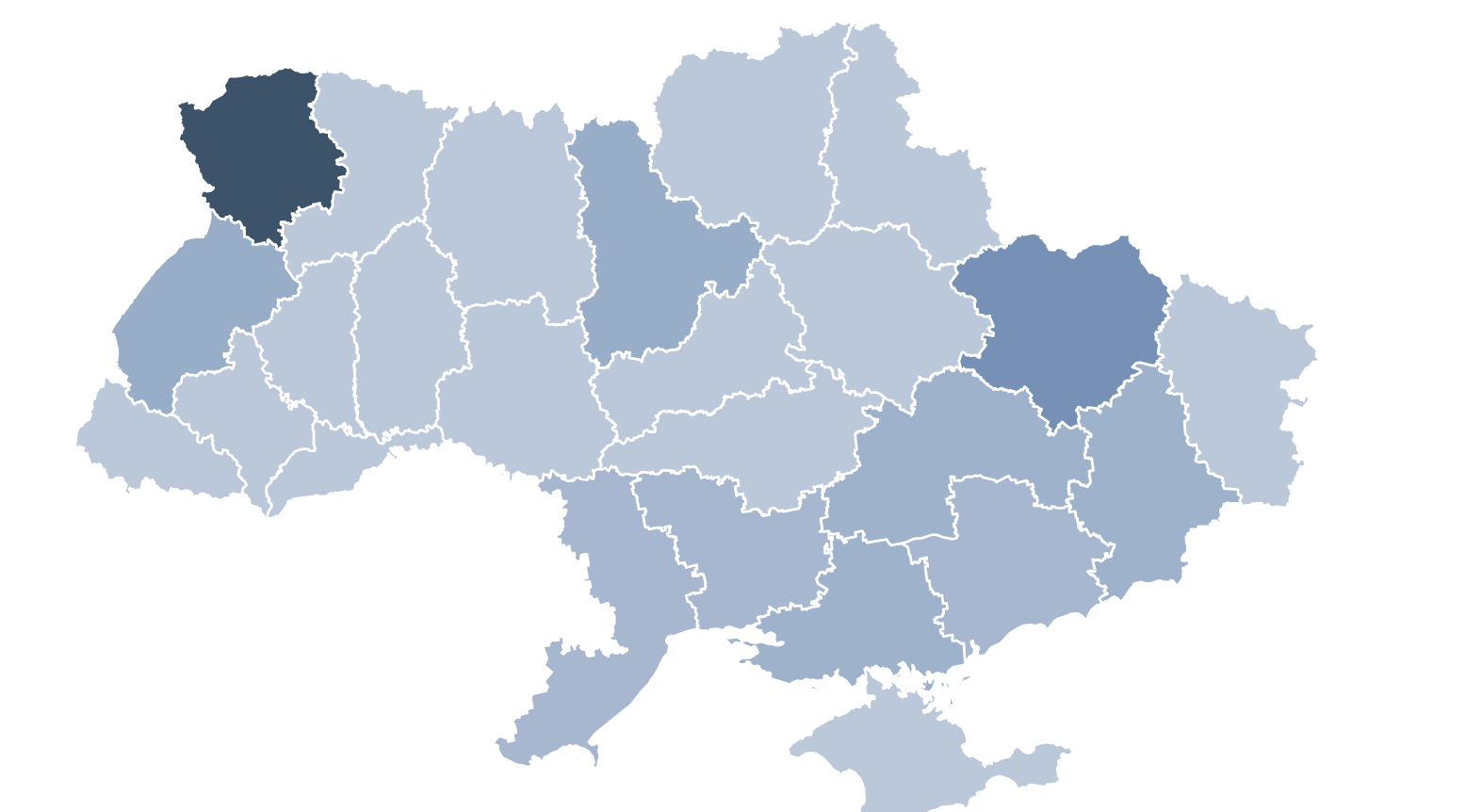Tag: “East European Studies”
Graduate Student Colloquium in Armenian Studies at UCLA

The above image is from one of the pages of the Gladzor Armenian Manuscripts. It was used last year at the 2023 graduate student colloquium
Royce Hall 314
Friday, February 16th, 2024
9:30 a.m.-10:00 Breakfast
10:00-10:10 Opening Remarks
Lori Pirinjian
Director of the 2024 Graduate Student Colloquium in Armenian Studies (Near Eastern Languages and Cultures, UCLA)
Dr. S. Peter Cowe
Narekatsi Professor of Armenian Studies (Near Eastern Languages and Cultures, UCLA)
Panel 1: Contemporary Policy in the Armenian Republic
Chair: Lori Pirinjian (UCLA)
10:10-10:30 Arev Papazian “Fishing Ban on Lake Sevan in Post-Soviet Armenian Republic” (Central European University, Vienna)
Read about the fishing ban here: https://www.azatutyun.am/a/32742178.html
10:30-10:40 Discussion
Panel 2: Modern Political Developments Chair: Lori Pirinjian (UCLA)
10:40-11:00 Orhun Yalcin, “The ARF in the Ottoman Empire” (Ludwig Maximilian University of Munich)
11:00-11:20 Kima Saribekyan, “Cilicia under the French Mandate” (Peter Pazmeny Catholic University, Budapest)
11:20-11:40 Nils Berliner, “Armenian Genocide in Germany” (Technical University of Berlin)
11:40-12:00 Levon-Leonidas Ntilsizian, “Aspects of Greece’s state policy towards the Armenian community in Greece (1945-1975)” (Panteion University, Athens)
12:00-12:25 Discussion
12:25-12:45 Coffee/Tea Break
Panel 3: Early Modern Armenian Communities
Chair: Martin Adamian (UCLA)
12:45-1:05 Andranik Nahapetian, “The Armenian Colony of Nor Nakhichevan” (Free University of Berlin)
1:05-1:25 Andranik Yesayan, “Demographic Transformations in Armenian Peripheral Canton Tavush Under Safavid and Ottoman Rule (1600-1725)” (Institute of History, The National Academy of Sciences of the Republic of Armenia)
1:25-1:40 Discussion
1:40-3:00 Lunch Break
Panel 4: Armenian Literary Practices in Late Antiquity and the Middle Ages Chair: Nora Bairamian (UCLA)
3:00-3:20 Lorenzo Colombo, “Censorship Greek-Armenian” (Universities of Pisa and Geneva)
3:20-3:40 Anush Apresyan, “The Spiritual-Cultural Significance of Translation: Nemesius of Emesa’s Treatise on Human Nature” (Matenadaran Institute, Yerevan)
3:40-4:00 Hayarpi Hakobyan, “Medieval Armenian Book Production in the Lake Van Region in 1275-1350: Scriptoria, scribes, manuscripts” (Martin Luther University of Halle- Wittenberg)
4:00-4:15 Discussion
4:15-4:35 Tea/Coffee Break
Panel 5: Medieval Trade across the Northern Hemisphere Chair: Arpi Melikyan (UCLA)
4:35-4:55 Francesca Cheli, “Chinese Pottery Imports” (University of Florence)
4:55-5:05 Discussion
Panel 6: 19th century Socio-Cultural Developments
Chair: Alexia Hatun (UCLA)
5:05-5:15 Aram Ghoogasian, “Learning to Read in the mid-19th Century” (Princeton University)
5:15-5:35 Emma Avagyan, “19th century Armenian-Jewish Revitalization” (University of Michigan, Ann Arbor)
5:35-5:55 Nazelie Doghramadjian, “Armenian Women’s Archives” (University of Michigan, Ann Arbor)
5:55-6:20 Discussion
6:20-6:35 Guest Speaker
Professor Shushan Karapetian
Director of the Institute of Armenian Studies, USC
6:35-8:00 Reception (Royce Hall 306)
Co-sponsored by Calouste Gulbenkian Foundation, National Association for Armenian Studies and Research, UCLA Department of Near Eastern Languages and Cultures, UCLA Promise Armenian Institute, UCLA Center for Near Eastern Studies, UCLA Center for European and Russian Studies, UCLA Center for Early Global Studies, UCLA Center for the Study of Religion, UCLA Stavros Niarchos Foundation Center for the Study of Hellenic Culture, UCLA Department of Classics, UCLA Leve Center for Jewish Studies, UCLA History Department.
For further details, please consult the website <nelc.ucla.edu>.
—
Svidok: A Story From Every Ukrainian
As the Russian invasion of Ukraine continues without a meaningful resolution in sight, Ukrainians continue to document the stories of Russian aggression in their country. One such project is Svidok. Svidok (свідок) means witness. The bilingual multimedia website allows Ukrainians to record their stories associated with Russian aggression. The purpose of recording is not only documenting their everyday lives but also to bear witness to history as it unfolds in their independent nation-state.
Below is a three-part screenshot of the Svidok’s website. The website also has a memorial board for the fallen heroes and the civilian victims.
Svidok’s self-description is below,
Svidok is your personal war journal. Where you can safely and securely store your experiences of living through the Russian invasion of Ukraine, and collect evidence of all the atrocities and war crimes that were committed by the Russians.
Svidok has been built by Ukraine’s proud citizens and friends in partnership with the AI for Good Foundation to ensure the truth of this war is accurately documented.
Про Свідок
Свідок – це ваш особистий щоденник війни. Ви можете безпечно та надійно зберігати свій досвід життя під час російського вторгнення в Україну та збирати докази всіх звірств та військових злочинів, які були скоєні росіянами.
Свідок був створений щирими громадянами та друзями України у партнерстві з Фундацією AI for Good, щоб гарантувати, що правда цієї війни буде точно задокументована.
Call for papers: Wisconsin Slavic Conference
Wisconsin Slavic Conference
March 24-25, 2023
University of Wisconsin-Madison
Abstracts for 20-minute papers on any aspect of Slavic literatures, cultures (including film, music, and the visual arts), linguistics, and history are invited for the annual Wisconsin Slavic Conference. Comparative topics and interdisciplinary approaches are welcome and encouraged. The conference will be held in person at the University of Wisconsin-Madison on Friday and Saturday, March 24 and 25, 2023. Recent conference programs are available on the Wisconsin Slavic Conference website at https://gns.wisc.edu/2022/04/19/wisconsin-slavic-conference-2022/
This year’s keynote lecture will be delivered by Professor Yuliya Ilchuk (Stanford University).
To present a paper at the Wisconsin Slavic Conference, please submit a proposal by February 19, 2023.
A complete proposal consists of the following:
1. Author’s contact information (name, affiliation, postal address, telephone, and email).
2. Paper title
3. 300-500 word abstract
4. Equipment request (if necessary)
Email to send proposals: Jesse Kruschke jlkruschke@wisc.edu and Isabella Palange palange@wisc.edu.


